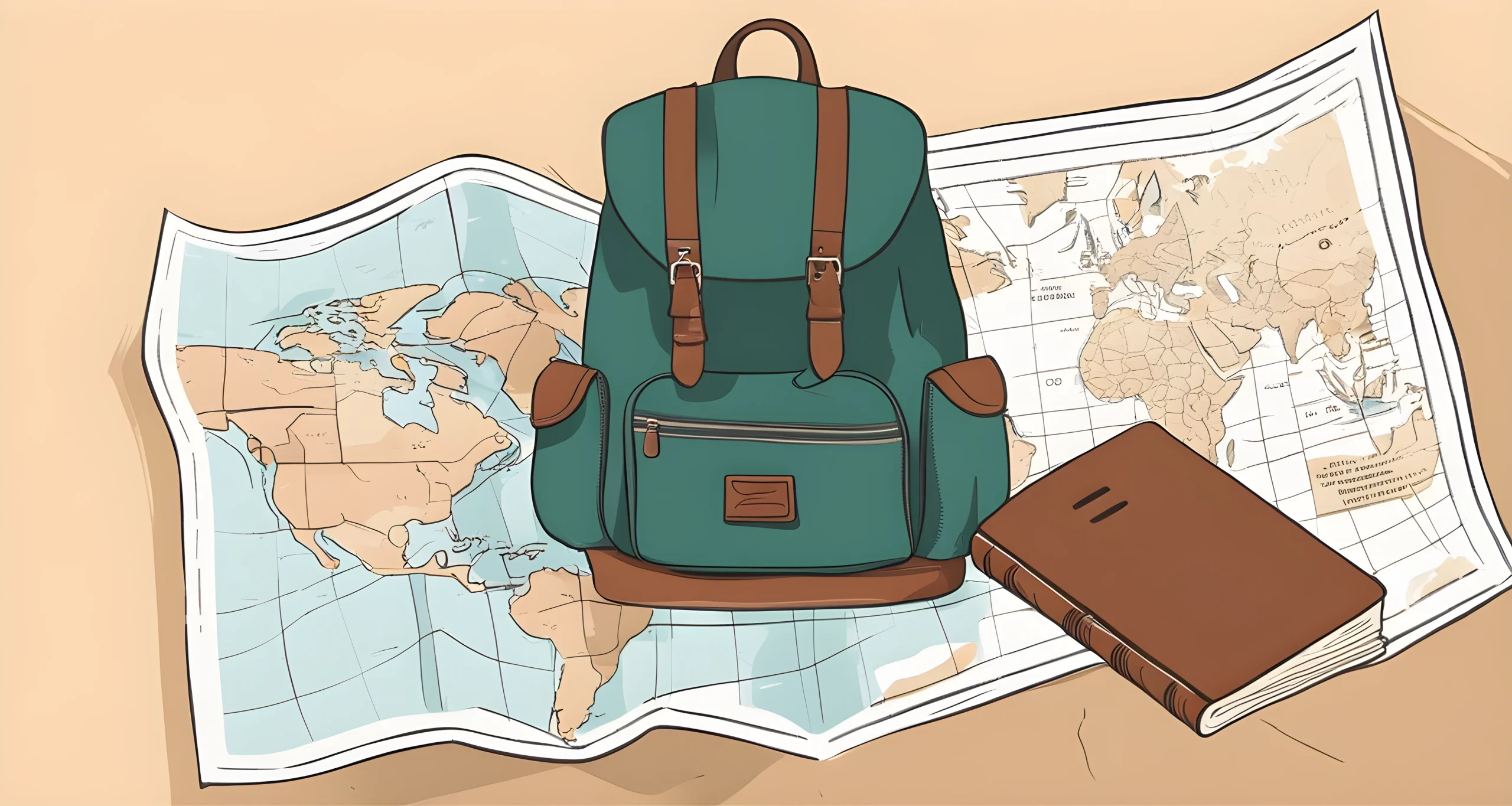Introduction
Solo Travel on a Budget: Ultimate Guide
Traveling alone on a budget requires careful planning, resourcefulness, and a willingness to adapt. It’s essential to set a realistic budget and prioritize expenses. Accommodation is often the most significant expense, so consider staying in hostels, which offer dorm rooms at a lower cost than hotels. Private rooms in hostels can be a more affordable option than hotel rooms, especially if they include en-suite bathrooms and access to a kitchen.
Factors to Consider for Budget Travel
- Setting a realistic budget
- Prioritizing expenses
- Considering alternative accommodation options
For solo travelers, booking a private room can be a more cost-effective choice than paying for a hotel room that is designed for two people. For more cost-effective backpacking advice, check out this article on Cost-effective backpacking advice.
Creating a Detailed Travel Budget Spreadsheet
- Listing all potential expenses
- Allocating funds for each category
- Tracking actual spending during the trip
In this article, we will delve deeper into the various factors to consider when traveling solo on a budget, including refining your budget by expense categories, budgeting by item or category, and adjusting your budget as needed. Whether you’re planning your first solo adventure or are an experienced traveler looking for new money-saving tips, this ultimate guide will provide you with the information you need to make the most of your travel experience without breaking the bank.
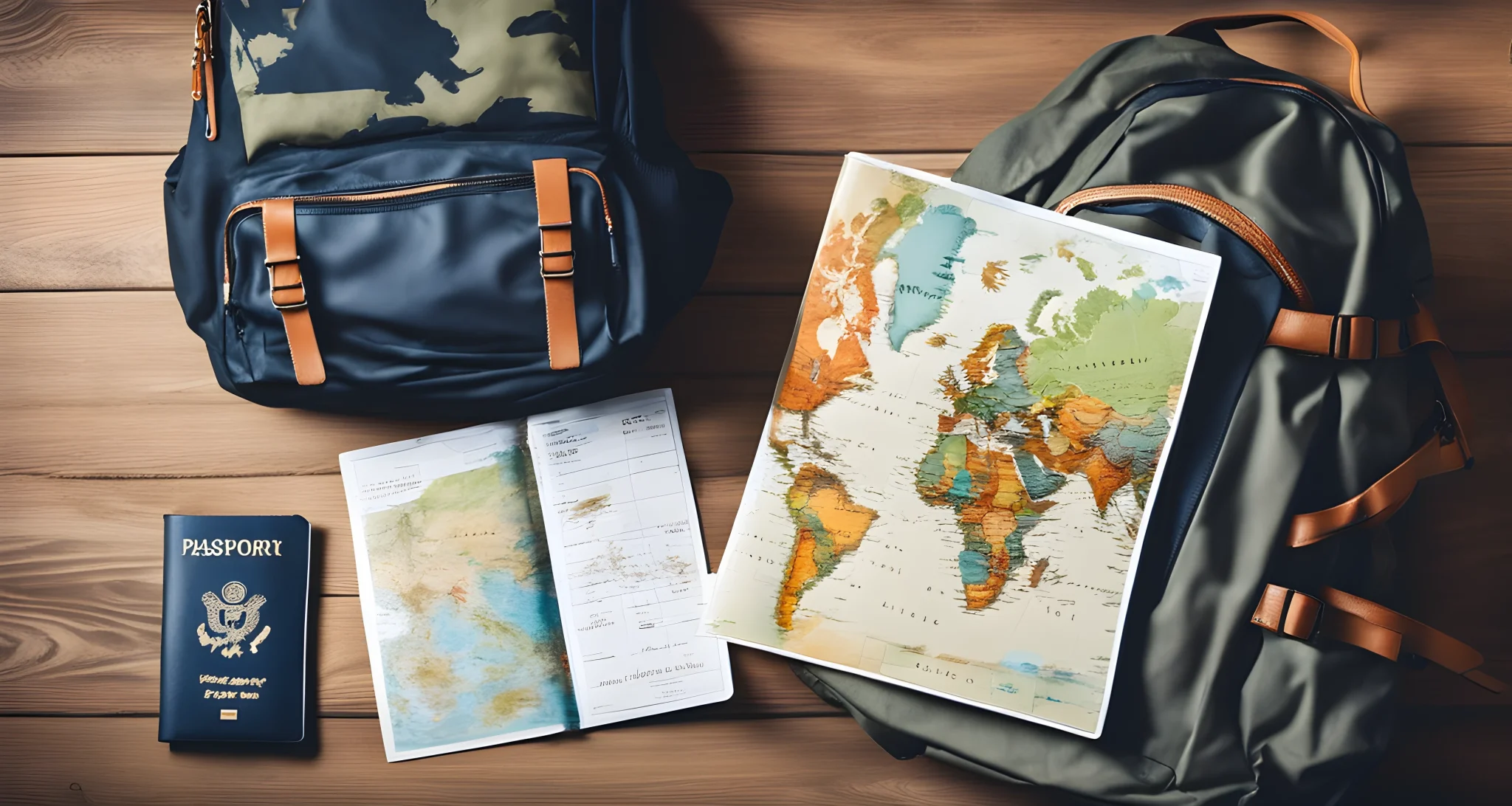
Factors to Consider for Budget Travel
When it comes to budget travel, there are several key factors to consider in order to make the most of your solo adventure without breaking the bank. Here are some important considerations to keep in mind:
Timing
- Avoid traveling during peak seasons when prices for flights, accommodation, and attractions are typically higher.
- Instead, aim to travel during shoulder or low seasons when prices are more affordable.
- Consider using a website like Cheap Exotic Vacation Spots to find budget-friendly destinations for your next trip.
Transportation
- Flights can be one of the most expensive aspects of travel, so it’s important to find cost-effective options.
- Look for cheaper flights by traveling during off-peak times and being flexible with your travel dates.
- Consider alternative modes of transportation such as walking, cycling, or using car delivery services, which can be free or low-cost options.
Earning While Traveling
- For longer trips, consider ways to make money while on the road to offset expenses.
- Explore opportunities for volunteering or freelance work in exchange for accommodations or extra income during your travels.
By taking these factors into consideration, you can effectively plan and budget for a memorable solo travel experience without breaking the bank.
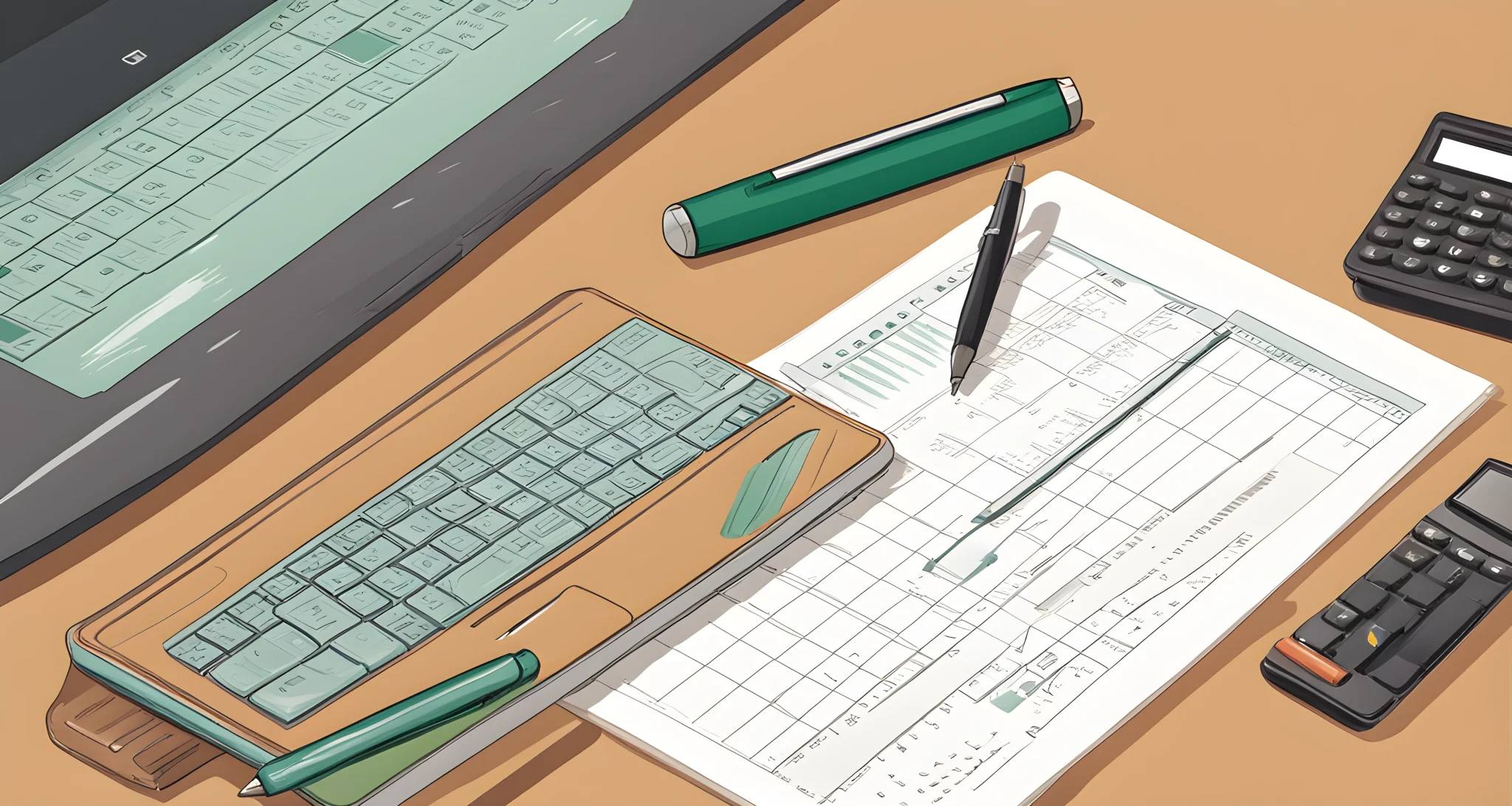
Creating a Detailed Travel Budget Spreadsheet
When it comes to budgeting for solo travel, creating a detailed travel budget spreadsheet is essential for keeping track of expenses and ensuring you stay within your financial limits. Here are some key steps to help you create an effective travel budget spreadsheet:
Researching Expenses
- Start by researching the typical expenses associated with your destination, including accommodation, transportation, activities, and food. This will give you a clear idea of the potential costs you need to account for in your budget.
- Use online resources such as travel blogs, forums, and websites like Solo travel planning tips to gather insights from other travelers who have visited the same destination.
Categorizing Expenses
- Organize your budget spreadsheet into categories such as accommodation, transportation, activities, and food. This will make it easier to track and manage your expenses effectively.
- Consider creating subcategories within each main category to further break down your expenses. For example, under transportation, you could include subcategories for flights, local transport, and car rentals.
Estimating Costs
- Once you have categorized your expenses, estimate the costs for each item or category based on your research. Be sure to factor in additional expenses such as travel insurance and visa fees.
- It’s important to be realistic when estimating costs, but also allow some flexibility for unexpected expenses that may arise during your trip.
Tracking Expenses
- As you travel, diligently track all your expenses in the corresponding categories on your budget spreadsheet. This will help you stay accountable and avoid overspending.
- Consider using a mobile app or digital tool to easily input and track your expenses on the go.
Adjusting Your Budget
- Periodically review your budget spreadsheet and compare your actual spending with your initial estimates. Make adjustments as needed to ensure you stay on track with your budget.
- If you find that you are consistently overspending in certain areas, look for ways to cut back or reallocate funds from other categories.
By creating a detailed travel budget spreadsheet and following these steps, you can effectively manage your finances while traveling solo. This will allow you to fully enjoy your experience without the stress of overspending.
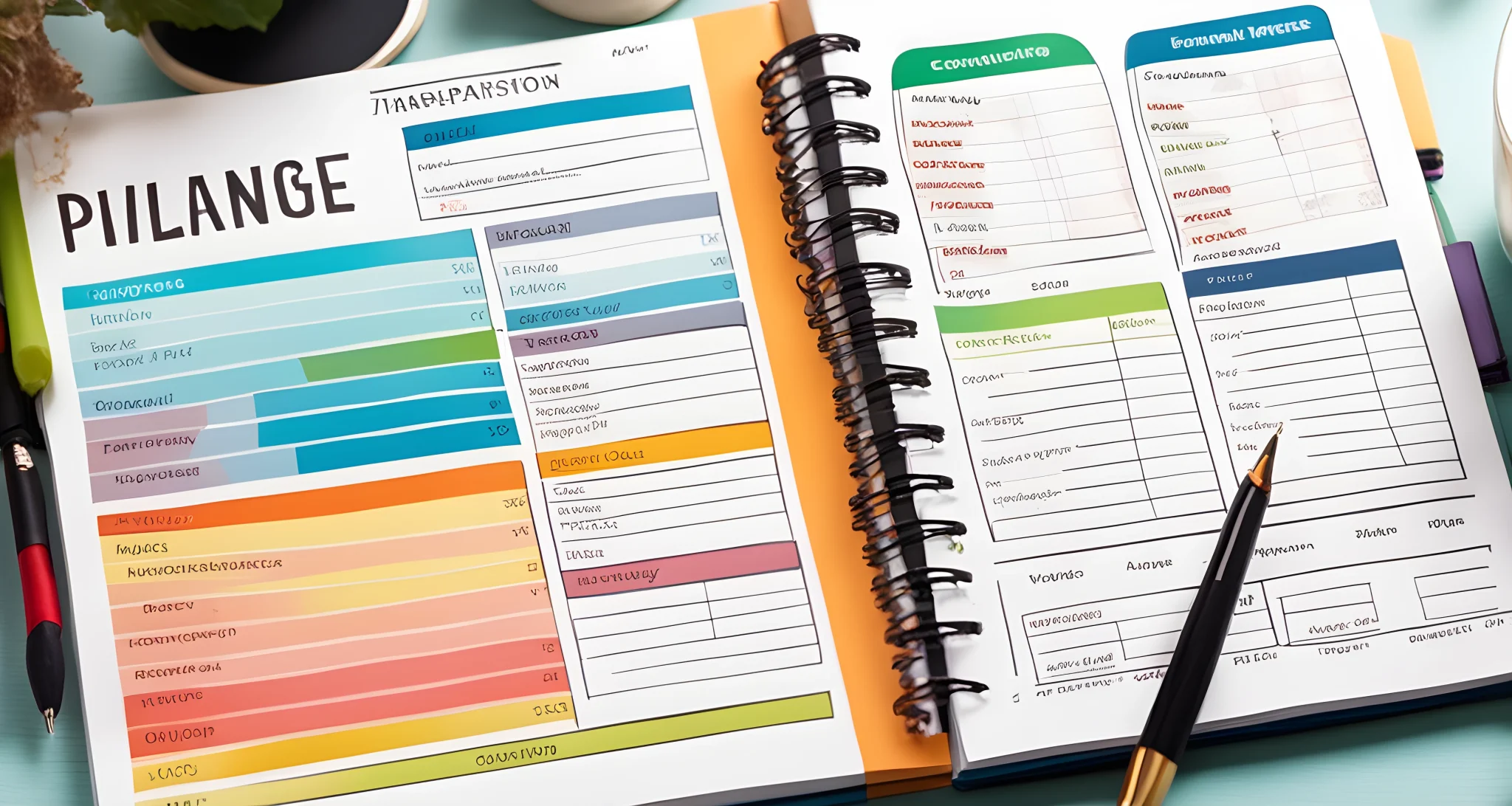
Refining Your Budget by Expense Categories
When refining your budget for solo travel, it’s essential to break down your expenses into categories to get a clear picture of where your money is going. By doing so, you can identify areas where you may be overspending and make necessary adjustments to stay within your budget.
Tracking Your Expenses
- Keep a detailed record of all your expenses, from transportation and accommodation to food and entertainment.
- Use a travel budget spreadsheet to track your spending and compare it to your initial budget Critical Budget Travel Pointers.
- Review your bank or credit card statements regularly to identify any unexpected or unnecessary expenses.
Identifying Overages
- Look for expense categories where you are consistently overspending.
- Consider whether certain costs, such as dining out or souvenir shopping, can be reduced without impacting the overall travel experience.
Adjusting Your Budget
- Once you’ve identified overages in specific expense categories, make adjustments to bring those costs in line with your budget.
- Allocate more funds to essential categories like accommodation and transportation if necessary, and cut back on non-essential expenses like shopping or luxury dining.
Free Activities for Solo Travelers
- To further reduce expenses, take advantage of free activities like walking tours, which provide a unique perspective on the destination while being easy on the wallet.
- Look for free or low-cost attractions and entertainment options, such as museums with free admission days or outdoor activities like hiking and swimming.
Researching and Utilizing Options
- Researching and utilizing these options can significantly impact the overall travel budget.
- Keep an eye out for discounts or special offers on activities and attractions at your destination that can help stretch your budget further.
By refining your budget by expense categories and making necessary adjustments, solo travelers can ensure that they stay within their budget while still enjoying everything their destination has to offer. Taking advantage of free activities and researching low-cost options can also help make the most of a limited travel budget.
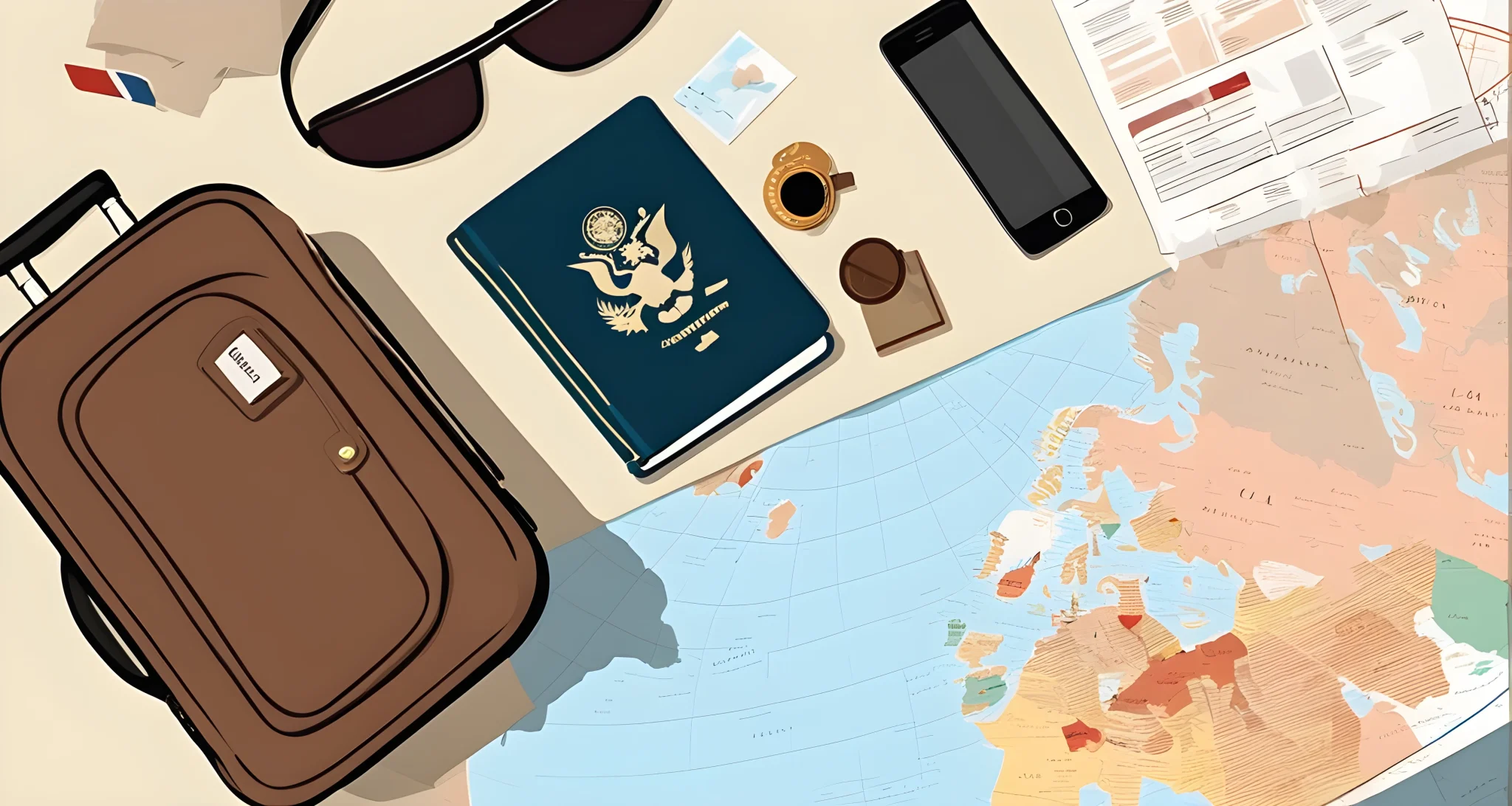
Budgeting by Item or Category
When it comes to creating a detailed travel budget, it’s essential to break down your expenses by item or category to get a clear understanding of where your money is going. This approach allows you to allocate your funds more effectively, ensuring that you have enough for the essentials while still leaving room for some splurges. Here are some tips for budgeting by item or category:
Categorize Your Expenses
- Start by categorizing your expenses into broad categories such as accommodation, transportation, meals, activities, and incidental costs. This will help you identify the major areas where you need to allocate your funds.
List All Possible Expenses
- When creating your budget spreadsheet, make sure to include all potential expenses, no matter how small they may seem. This includes everything from the cost of accommodation and transportation to meals, activities, and even incidental costs like laundry or souvenirs. By listing all possible expenses, you can gain a clearer picture of the total cost of your trip Backpacking on a budget tips.
Research Average Costs
- Research the average costs for each category in your chosen destination. This will give you a baseline for how much you can expect to spend in each area.
Allocate Funds Accordingly
- Once you have a clear understanding of the average costs for each category, allocate your funds accordingly. Decide how much you want to spend on each category and adjust as needed based on your priorities.
Keep Track of Your Spending
- As you travel, be sure to keep track of your spending in each category. This will help you stay within your budget and make adjustments if necessary.
By budgeting by item or category, you can ensure that you have enough funds allocated for all essential expenses while still leaving room for some fun activities and indulgences along the way. This approach allows for greater flexibility and control over your spending, ultimately leading to a more enjoyable and stress-free travel experience.
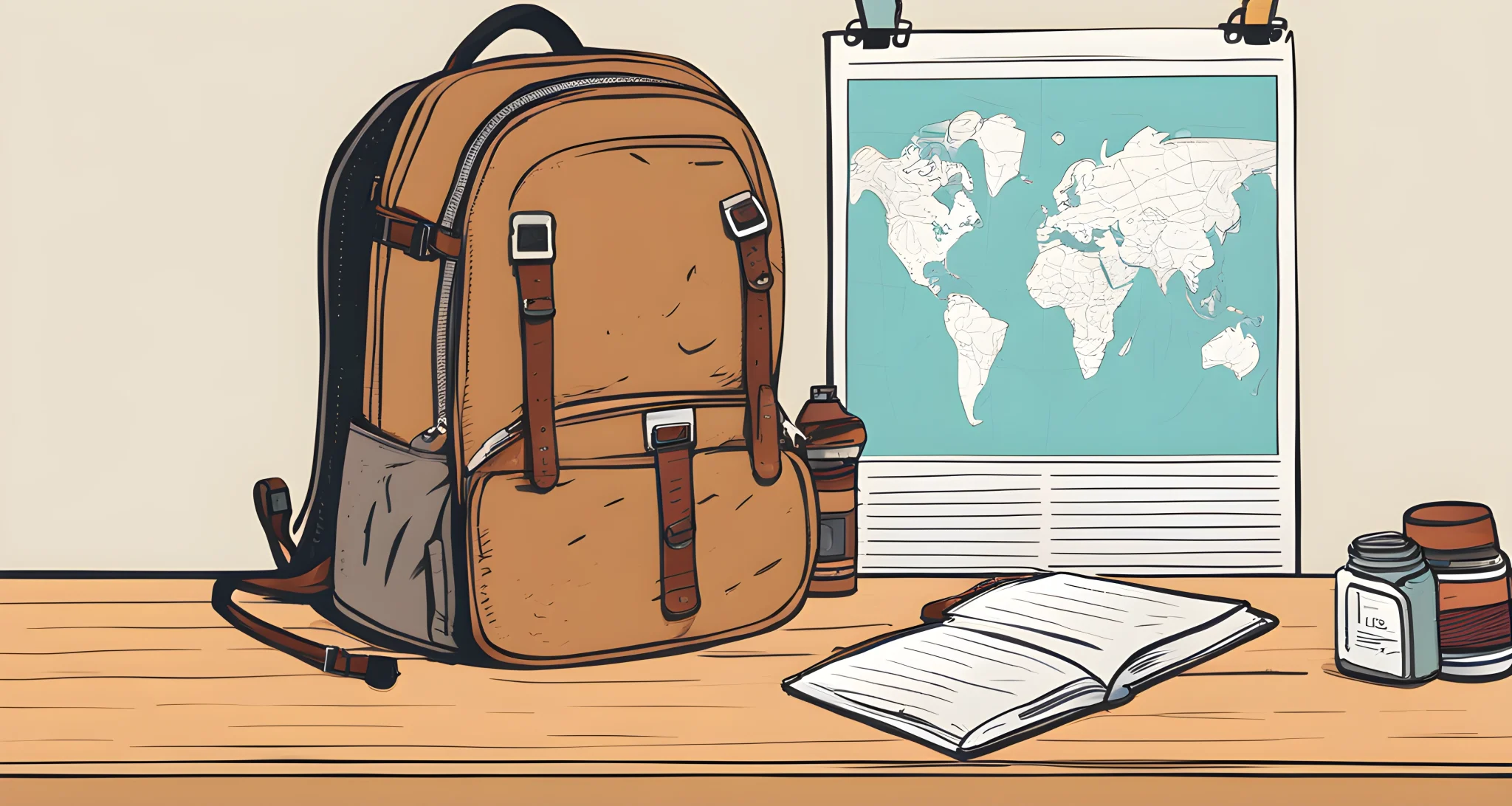
Adjusting Your Budget as Needed
Once you have created a detailed travel budget and refined it by expense categories, it’s important to be flexible and willing to make adjustments as needed. Travel plans can change, unexpected expenses can arise, and you may find that your initial budget doesn’t quite align with the reality of your trip. Here are some tips on how to adjust your budget as needed:
Stay Flexible
- Understand that unexpected expenses may come up during your trip, so it’s important to have some flexibility in your budget.
- Be open to making changes to your spending plan as you go along, based on new information or circumstances.
Monitor Your Spending
- Keep track of your spending during your trip to ensure that you are staying within your budget.
- Regularly review your expenses and compare them to your initial budget to see if any adjustments need to be made.
Prioritize Expenses
- If you find that you are overspending in certain areas, prioritize your expenses and make adjustments in other categories to compensate.
- For example, if you overspend on activities, consider cutting back on dining out or souvenirs.
Look for Cost-saving Opportunities
- Keep an eye out for ways to save money during your trip, such as using public transportation instead of taxis or seeking out free or low-cost activities Thrifty global travel tips.
- Take advantage of discounts or deals that may be available for accommodations, transportation, or attractions.
Be Realistic
- Be honest with yourself about what you can afford and adjust your plans accordingly.
- If you find that certain aspects of your trip are stretching your budget too thin, be willing to make changes or sacrifices in order to stay within your means.
By being proactive and adaptable with your budget, you can ensure that you make the most of your solo travel experience without breaking the bank. Remember that the goal is not just to stick to a strict budget, but also to enjoy the journey and create lasting memories along the way.
FAQ
How can i save on accommodation when traveling alone on a budget?
Consider staying in hostels, which offer dorm rooms at a lower cost than hotels. private rooms in hostels can be a more affordable option than hotel rooms, especially if they include en-suite bathrooms and access to a kitchen.
What are some tips for saving on transportation as a solo traveler on a budget?
Avoid traveling during peak seasons when prices are higher and opt for shoulder or low seasons, which often offer cheaper flights. consider alternative modes of transportation like walking, cycling, or car delivery services, which can be free or low-cost.
How can i manage food expenses when traveling alone on a budget?
Manage food expenses by eating at local eateries and avoiding touristy restaurants. research local markets and street food, which can offer a variety of options at a lower cost.
What are some free or low-cost activities for solo travelers on a budget?
Take advantage of free activities like walking tours, which provide a unique perspective on the destination. look into making money while traveling, such as through volunteering or freelance work, to offset expenses for longer trips.
